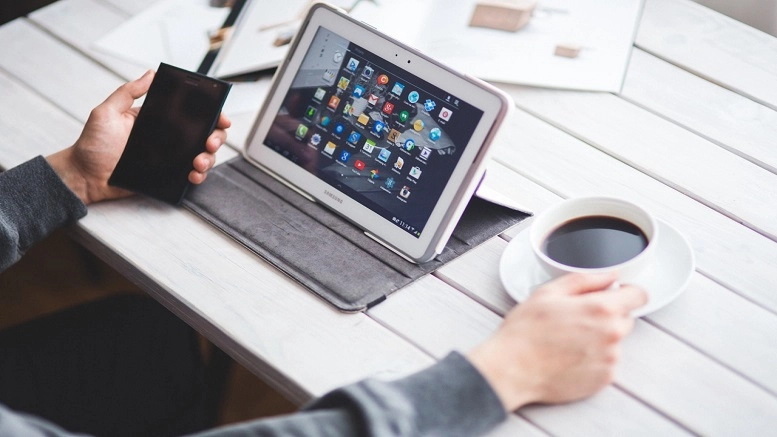Friday Tech, Money & Business: Tech Wars Heat Up
10/26/2012
Apple and Amazon Fall Short of Expectations as Tablet Wars Heat Up
There was much to stoke the fiery rivalry between Apple and Amazon this week. 2 days before both their quarterly earnings reports were due to be filed, Apple released iPad Mini, a tablet aimed at capturing the same demographic as Amazon’s Kindle Fire.
Although both companies missed analysts earning estimates, it was Amazon whose nightmare acquisition of LivingSocial meant their profits plummeted $274million. Perhaps most interesting in the duel was how Amazon responded to Apple’s iPad mini announcement, dedicating 10% of their report to reasons as to why their Kindle outperforms it’s new competitor. However, it’s not all good news for Apple as their lower than expected sales of iPad shows that their stronghold of the tablet market may not last forever.
Are Wearable Gadgets the Next Tech Revolution?
Computing has come a long way from the days when a computer mainframe would take up an entire floor of a University building. PCs, laptops and iPods have signaled the shrinking down and specialisation, is the next innovation in this process a move towards wearable, sensor packed devices like Nike’s FuelBand?
Whilst some people may see the devices as mere fashionist expressions, their impact on the health and well being of their users is becoming a much-touted benefit. However, if you think their impact is limited to personal health, you’d be wrong. The reduction in cost and size of sensors, and the increasing body of knowledge around how to analyze and interpret the data they produce is going to have impacts across the entire spectrum of everyday life.
Microsoft Finally Due to Release Windows 8
The realization that touch computing has become a mainstream phenomenon, Microsoft have taken drastic steps in order to make sure their flag ship operating system stays relevant in a extremely competitive market. Although Microsoft has attempted forays into the tablet market in the past, success for Windows for Pen Computing and Windows XP Tablet PC Edition proved evasive. The fundamental flaw being that neither of these systems was any different to the interface designed for mouse and keyboard use. The success of Apple’s iOS and Google’s Android system has brought a realization that touch interfaces could be natural and intuitive, so long as they were sympathetic towards the limitations of finger input.
Microsoft have made some extremely good steps into making an interface that is not only sympathetic towards finger input, but it’s also extremely different from what their competitors are offering, both in terms of looks and usability. However, Microsoft weren’t able to completely shake off the interface of old as the operating system has the ability to switch back to a desktop and taskbar type affair if the user so wishes. Steven Sinofsky, president of Windows and Windows Live Division, called this a ‘no compromise’ approach. However, with Microsoft’s previous record of desktop-on-a-tablet approaches dismally failing it might be compromise they should’ve taken.


